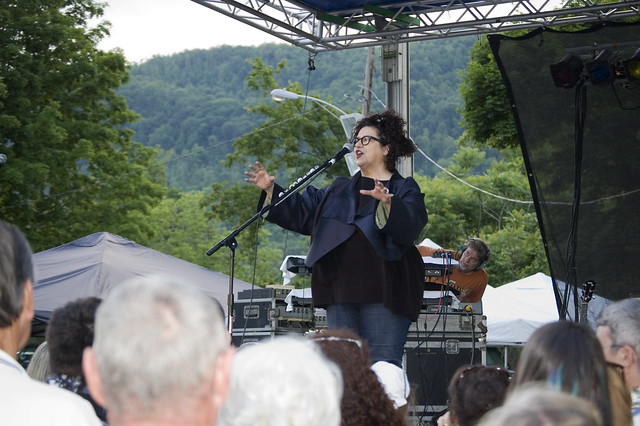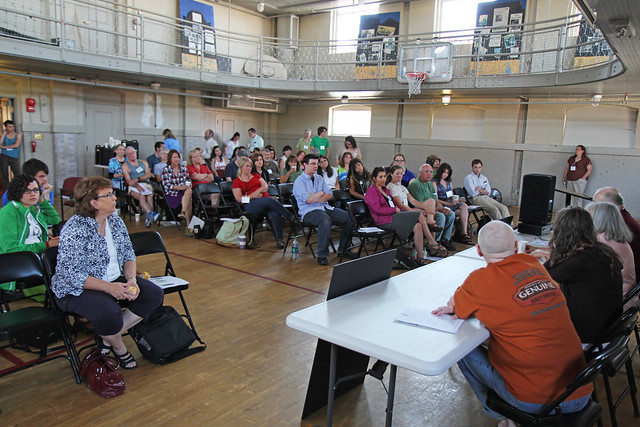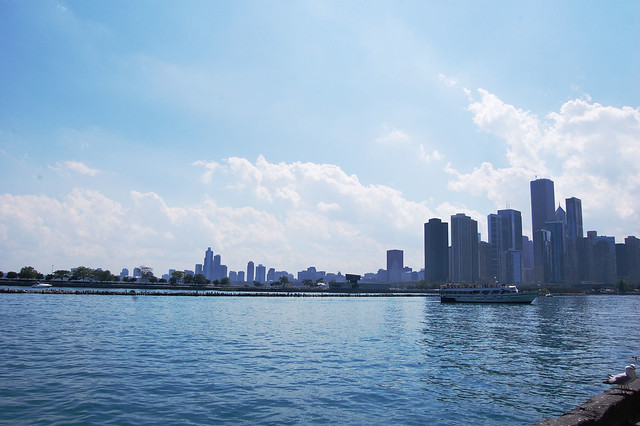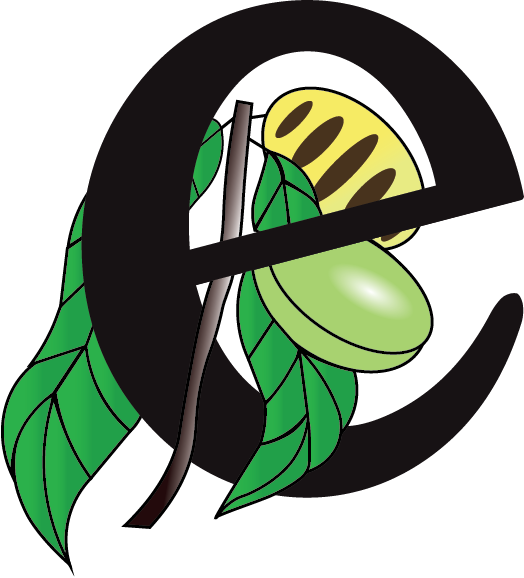
Appa-latch-uh or Appa-lay-cha? The pronunciation of a simple syllable is enough to designate insider or outsider. Some people hear Appa-lay-cha and cringe at the perceived outsider. The history of the word’s development is critical to understanding this underlying tension. Are scholars and folks from the region justified in their hard stance on the pronunciation?
“Appalachia” is a relatively new word, only coming to popular use in the past 70 years. In the past, “Alleghenies” and “Appalachian mountains” were competing in English dictionaries. There is an intentional and political moment that aligns with the growth of pronunciations surrounding Appalachia.
The rise of Appalachia in the national consciousness took place in the 1960s during the poverty tours, a political parade with stops in rural central Appalachia of President John F. Kennedy and the rush of journalists that followed. It was in this period that Appalachia became synonymous with rural white poverty—the tours failed to show the diversity of the region. A clear example of this was when a woman sued the Lexington Herald for publishing a photograph of her children playing in a stream. The photograph was supposed to frame the children as impoverished and dirty, not as children simply having fun as they were doing. The photograph was also taken without permission.
The tradition of newscasters rushing to the region for rural “poverty porn” did not end with the War on Poverty. In 2015, a controversy ensued over the “Two Days in Appalachia”, a photojournalism piece that portrayed eastern Kentucky as a poor and depressed place. The On the Front Porch radio program followed this controversy and held a discussion with photographer Roger May, “When Does Photography Become Poverty Porn.” Often, outside media have failed and created a sense of distrust, leaving locals to fight back and leave a mark on storytelling.
For better or for worse, a national consensus around “Appalachia” has formed. The word has become more common, finding itself in the Oxford English Dictionary. The popularity of the term led some locals to resent the label and its pronunciation. But the reaction to this rush of attention was both positive and negative. Some folks were relieved that the national media was finally focusing on the region’s poverty, a problem which had been overlooked for far too long. Other folks were suspicious, and rightfully so, about the intention and misrepresentation by outsiders coming into the region.
Appalachia’s pronunciation is not a finished discussion. There is some disagreement even among Appalachians, though this could stem from regional differences—Central, Northern, and Southern. Variations occur across the board.
Appalachian Americans, an active Facebook group with 231,976 self-pronounced Appalachians who want to preserve the region’s culture, responded to a survey on how they pronounce “Appalachia.” Most respondents, 76 percent, noted “Appa-latch-uh” as the way they say the word. Only 14 percent of respondents said Appa-lay-sha was the way they pronounced it. In addition to those two pronunciations, some respondents added other comments or suggestions for how the word is said. This poll, though a small sample size, demonstrates a variance in pronunciation.
Many regional quirks demonstrate local pronunciation. Hurricane and Tornado, West Virginia are located in the southern part of the state near Charleston. They have a bit of a comical pronunciation for outsiders who pronounce the town as the weather event. However, the names are pronounced “Hurr-i-kin” and “Tor-nah-doe.”
In southeast Ohio, the pronunciation of the town Chauncey has an interesting history. The Ohio Journalism Guide lists local pronunciations of town names for journalists and Chauncey is written as “CHANCE-ee,” but some people still don’t say it this way. Locals often smirk when Ohio University students from other parts of the state say “Chon-see.”
During my time at Ohio University, I heard that in the Prohibition era, how you said a town’s name would identify you as from the region or not—trustworthy or not. That echoes back to the prime era of bootlegging when many people were arrested in liquor raids in Chauncey. I asked an Athenian about this folktale and she noted that the name differentiation references a time of strikes in the coal mines. She said the way someone said Chauncey could identify them as a scab in times of turbulent strikes. Those examples of town names may not signify as stark of an insider or outsider relationship, but they do demonstrate some of the ebbs and flows of Appalachian accents.

Appalachian accents may be in decline as national studies show a preference for a more standardized English. Many Appalachians who leave the region are used to code-switching into more “formal” or “accepted” variations of English when in professional or educational settings. Growing up, my mother outlawed “ain’t,” telling us kids that the word made us sound uneducated and begged us not to use these words or other “hick” expressions at school.
We never had a thick accent, but we did have expressions, patterns, and long vowel sounds that made our accent distinct. For a while, I followed my mother’s advice in covering up those colloquialisms, especially when going to college in Ohio. It wasn’t until after graduating and spending time with a group of proud West Virginians that I began to fully embrace and appreciate the region’s quirks and expressions. I’m sure I’m not alone in the self or familial censorship that happens in the region.
The future of regional accents remain uncertain due to this perception of negativity surrounding Appalachian accents; however, the quirks and sayings that make the region special are being preserved by folklorists, scholars, and families. In Tennessee, some lawmakers and community activists want to preserve the accents in books. There is a lot of scholarly literature analyzing the region’s accents such as “Talking Appalachia” or West Virginia University’s Dialect Project that may provide us with a better understanding of the diversity and similarity of local speech patterns.

While accents could be in decline nationally, there is a neighbor accent originating from the Midwest that may be increasing and creeping into Appalachian territory. Almost across the board, accents in the U.S. have been in decline—except for the “Great Lakes Vowel Change.” The way people pronounce vowels in English is very important and so that shift marks an evolution of American accents. The dialect, however, has not gained distinct popularity with minority groups such as African Americans, Latinos, or Canadians.
While this insider-outsider dynamic of accents is not unique to Appalachia, it is an important feature to the region. Hearing an accent similar to your own can bring a feeling of home even when you are miles away.
Subscribe to The Patch, our newsletter, to stay up-to-date with new expatalachians articles and news from around Appalachia.
Alena Klimas is a writer and cofounder of expatalachians. Klimas is passionate about economic and community development in Appalachia. Now, she lives and works abroad in rural community development. To learn more about the expatalachians team, click here.

